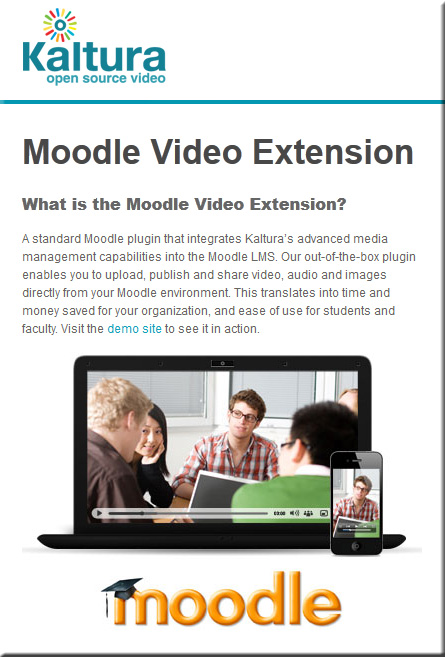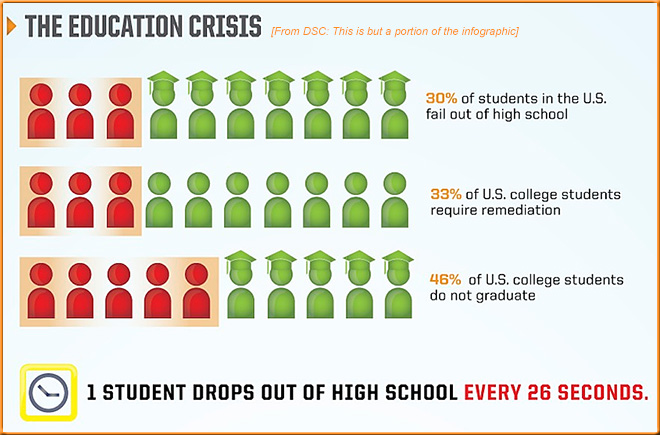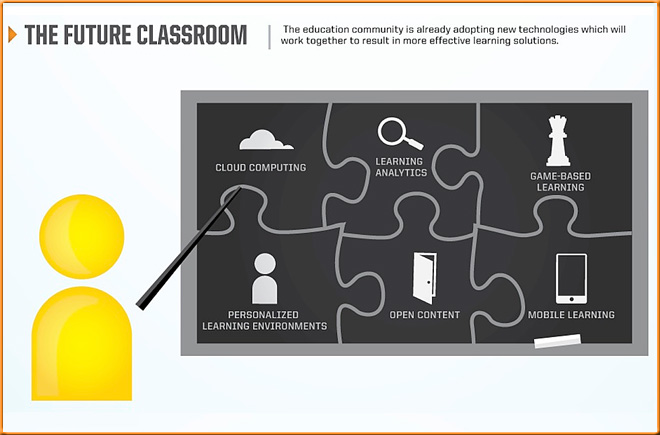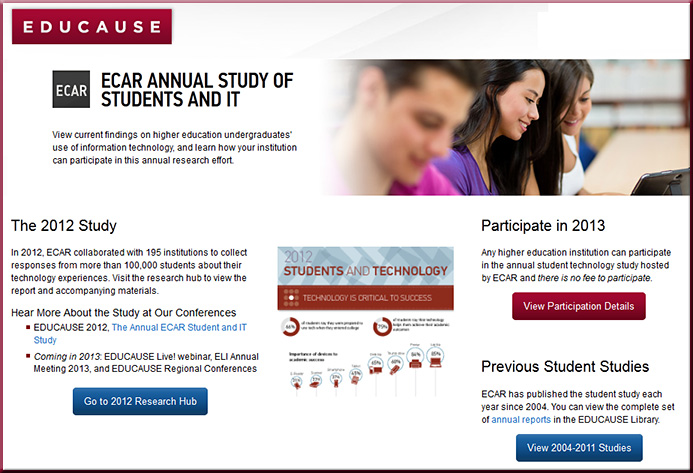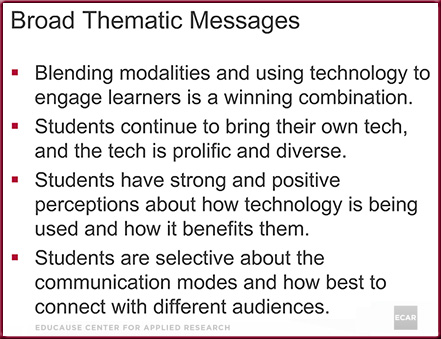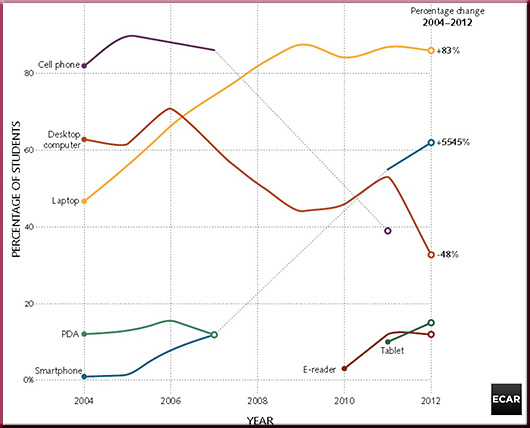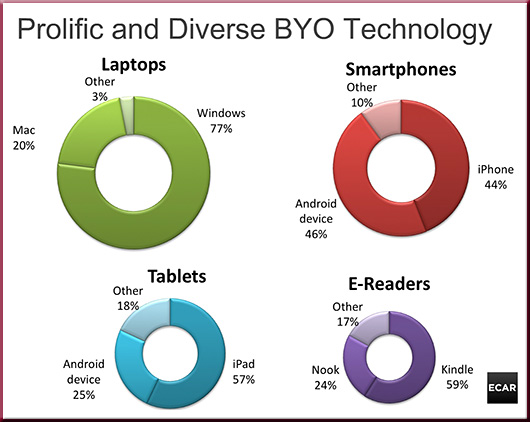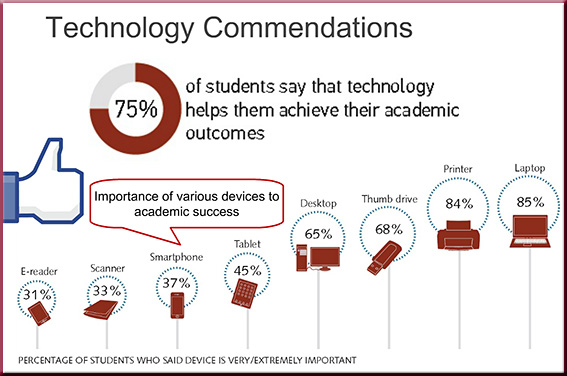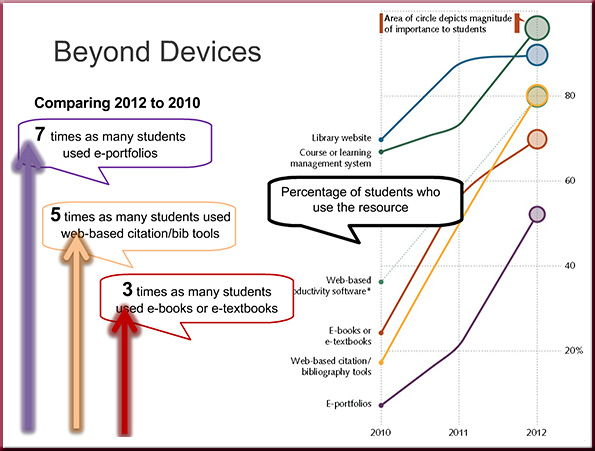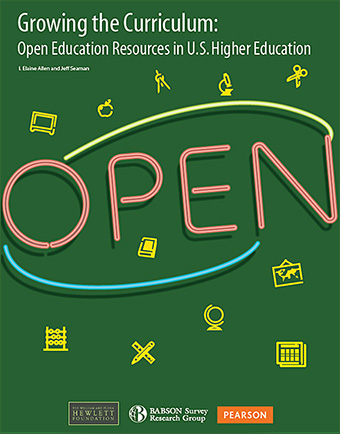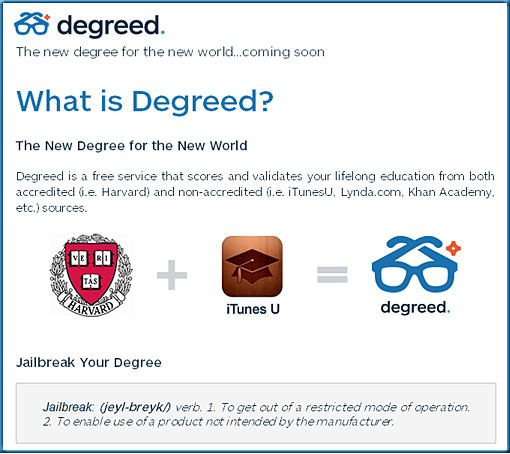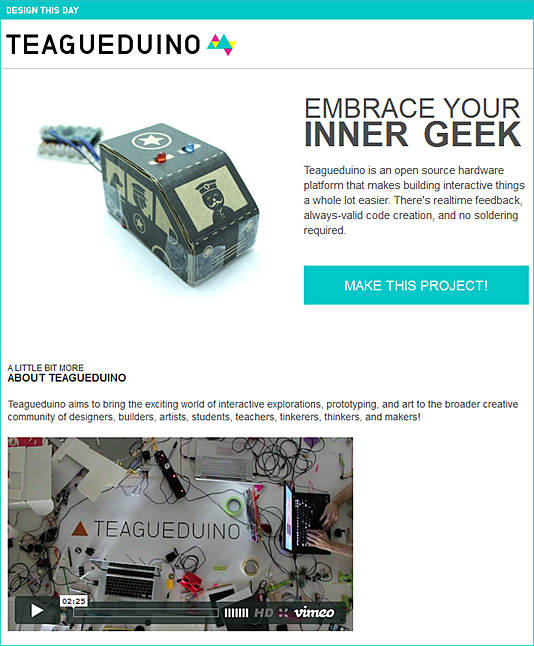Scientific articles accepted (personal checks, too) — from the nytimes.com by Gina Kolata
Excerpt:
The scientists who were recruited to appear at a conference called Entomology-2013 thought they had been selected to make a presentation to the leading professional association of scientists who study insects.
But they found out the hard way that they were wrong. The prestigious, academically sanctioned conference they had in mind has a slightly different name: Entomology 2013 (without the hyphen). The one they had signed up for featured speakers who were recruited by e-mail, not vetted by leading academics. Those who agreed to appear were later charged a hefty fee for the privilege, and pretty much anyone who paid got a spot on the podium that could be used to pad a résumé.
Excerpt of some recommendations/suggestions from Mr. Steve McMullen, Assistant Professor of Economics, Calvin College:
- Only publish in journals that you know are legitimate and long standing.
- Only go to conferences hosted by an institution or association that you respect.
These two rules immediately rule out all the suspect journals and conferences, but they do so by granting power to the traditional gatekeepers. I recognize that if everyone behaves this way, it might be difficult for the open-access movement, which is sometimes laudable, to take off in our field.
Another observation: It is probably important for departments to have some statement written into their scholarship statements/guidelines that indicate the sort of journals that count and those that don’t, and a process for evaluating publication outlets.









